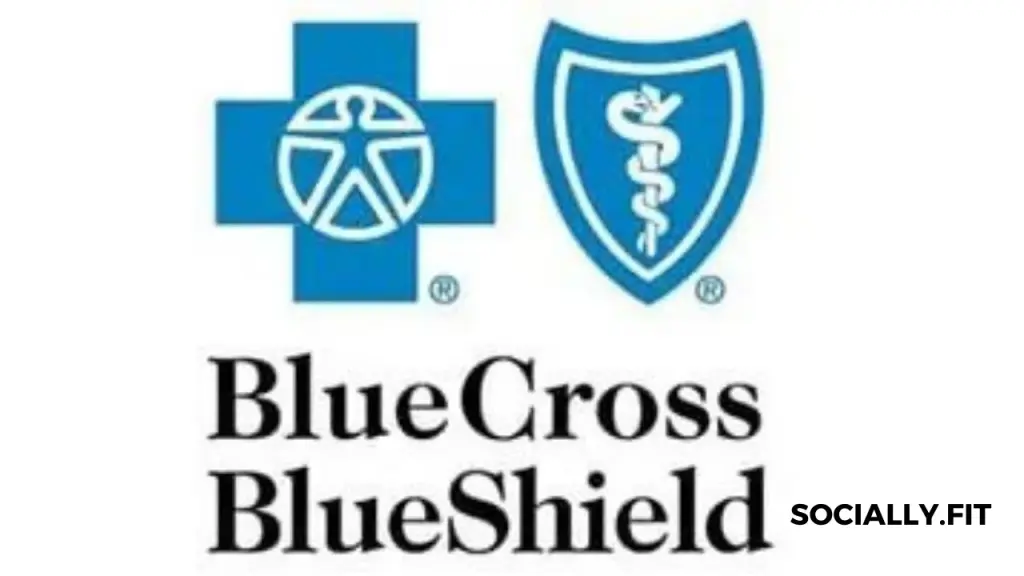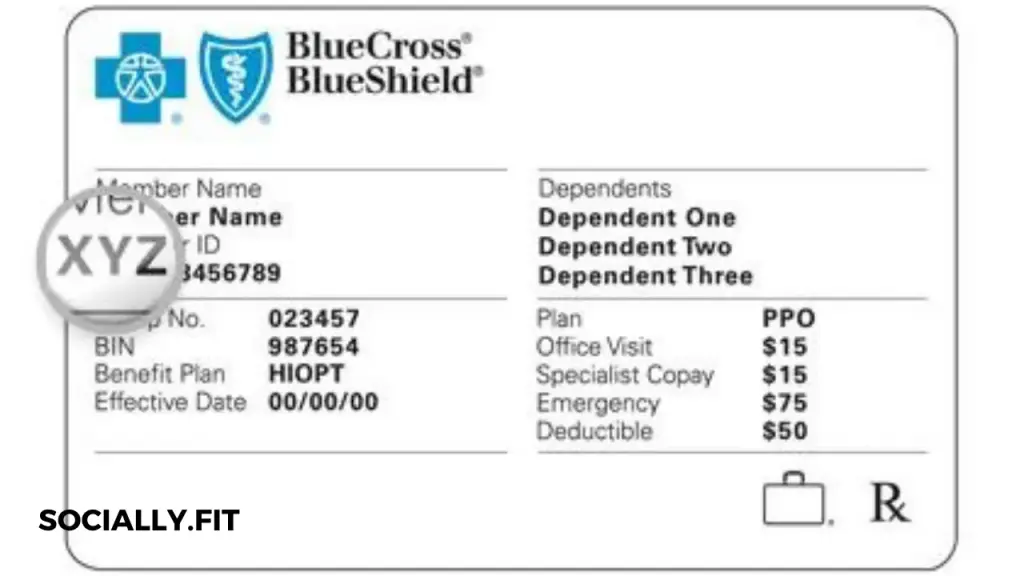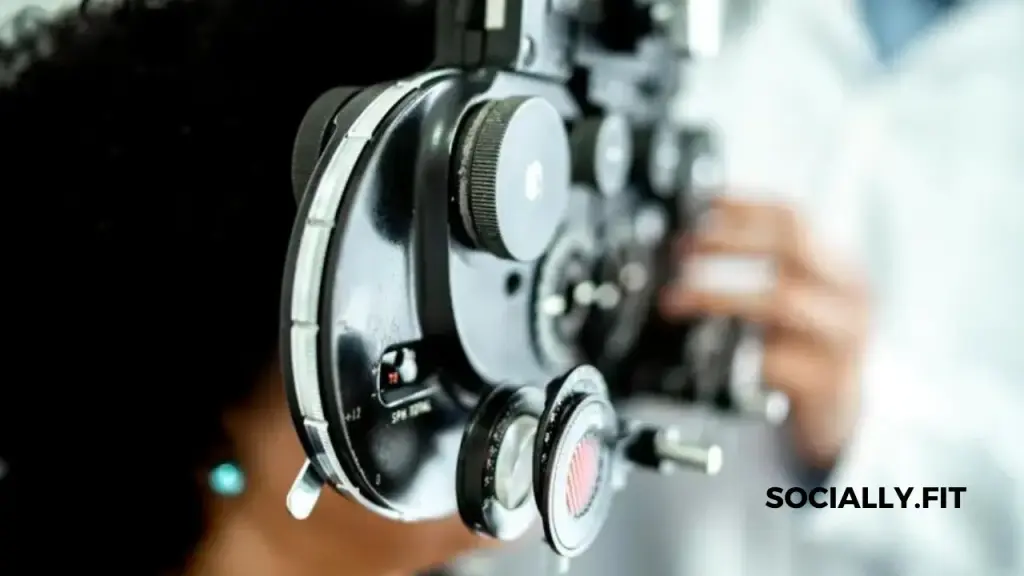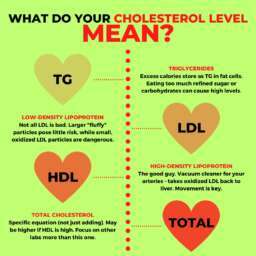Weight loss can be a challenging journey, and many individuals seek various methods to aid in their efforts. One such method is weight loss injections, which have gained popularity in recent years. But for those with Blue Cross Blue Shield insurance, the question arises: does Blue Cross Blue Shield cover weight loss injections?
Introduction

Weight loss injections have become increasingly popular as a supplementary aid for individuals striving to shed excess pounds. Insurance providers like Blue Cross Blue Shield may vary in their coverage of these injections, which often contain vitamins, minerals, or hormones believed to boost metabolism and aid in fat burning.
Understanding Weight Loss Injections

What are weight loss injections?
People typically administer weight loss injections subcutaneously, containing substances believed to enhance weight loss efforts. These substances can include B vitamins, lipotropic compounds, or hormones like human chorionic gonadotropin (HCG).
How do they work?
Weight loss injections work in various ways depending on their composition. For example, B12 injections may increase energy levels, while lipotropic injections are believed to promote fat metabolism. On the other hand, people think HCG injections suppress appetite.

Coverage by Blue Cross Blue Shield

What does Blue Cross Blue Shield cover?
Blue Cross Blue Shield offers various insurance plans, each with its own coverage options. While some plans may cover weight loss injections, others may not. Coverage typically depends on factors such as medical necessity and the specific policy terms.
Criteria for coverage
To be eligible for coverage of weight loss injections, certain criteria may need to be met. This can include a documented medical need for the injections, such as obesity or a related health condition.
Types of Weight Loss Injections

B12 Injections
B12 injections contain vitamin B12, which is essential for energy production and metabolism. These injections are often used to boost energy levels and support weight loss efforts.
Lipotropic Injections
Lipotropic injections contain compounds like methionine, inositol, and choline, which experts believe help metabolize fat and remove toxins from the liver.
HCG Injections
HCG injections deliver the hormone human chorionic gonadotropin, which researchers believe suppresses appetite and facilitates fat loss when paired with a low-calorie diet.
Effectiveness of Weight Loss Injections

Pros and Cons
While weight loss injections may offer benefits such as increased energy and appetite suppression, they are not without drawbacks. Some potential side effects include nausea, headache, and injection site reactions.
Research findings
Research on the effectiveness of weight loss injections is mixed, with some studies suggesting modest benefits while others show little to no effect. More research is needed to fully understand their long-term efficacy.
Does Blue Cross Blue Shield Cover Weight Loss Injections
Cost of Weight Loss Injections
Average cost
The cost of weight loss injections can vary depending on factors such as the type of injection and the provider administering it. On average, a single injection can range from $25 to $50.
Insurance coverage
Some insurance plans, including certain Blue Cross Blue Shield policies, may cover the cost of weight loss injections if deemed medically necessary. However, coverage limitations and out-of-pocket expenses may apply.
Does Blue Cross Blue Shield Cover Weight Loss Injections
Alternatives to Weight Loss Injections

Diet and Exercise
Healthy eating habits and regular physical activity remain the cornerstone of any successful weight loss plan. Incorporating a balanced diet and regular exercise can yield significant results over time.
Medication
In addition to weight loss injections, there are oral medications available that may aid in weight loss. These medications typically work by suppressing appetite or inhibiting fat absorption.
Surgery
For individuals with severe obesity who have not had success with other weight loss methods, bariatric surgery may be an option. Procedures such as gastric bypass or gastric sleeve surgery can lead to significant weight loss and improvement in obesity-related health conditions.
Does Blue Cross Blue Shield Cover Weight Loss Injections
Tips for Getting Coverage
Consultation with a healthcare provider
Before pursuing weight loss injections, it’s essential to consult with a healthcare provider to discuss your options. They can assess your medical history and determine if weight loss injections are a suitable treatment for you.
Understanding insurance policies
Reviewing your insurance policy carefully is crucial to understanding what is covered and what isn’t. Some policies may require pre-authorization or documentation of medical necessity for coverage of weight loss injections.
Does Blue Cross Blue Shield Cover Weight Loss Injections
Conclusion
In conclusion, the coverage of weight loss injections by Blue Cross Blue Shield and other insurance providers can vary depending on individual policy terms and medical necessity. While these injections may offer potential benefits for weight loss, they are not a guaranteed solution and should be approached with caution. Consulting with a healthcare provider and understanding your insurance coverage are essential steps in exploring this treatment option.
FAQs
1. Does Blue Cross Blue Shield cover all types of weight loss injections? Blue Cross Blue Shield coverage for weight loss injections may vary depending on the specific policy and medical necessity.
2. How can I find out if my policy covers weight loss injections? You can review your insurance policy documents or contact your insurance provider directly to inquire about coverage for weight loss injections.
3. Are there any side effects of weight loss injections? Common side effects of weight loss injections may include nausea, headache, and injection site reactions. It’s essential to discuss potential risks with your healthcare provider.
4. Can I appeal if my insurance denies coverage for weight loss injections? Yes, you may have the option to appeal a denial of coverage for weight loss injections. Working with your healthcare provider and insurance company can help navigate the appeals process.
5. What should I do if I’m interested in weight loss injections but unsure about coverage? If you’re considering weight loss injections but unsure about coverage, start by consulting with a healthcare provider. They can provide














